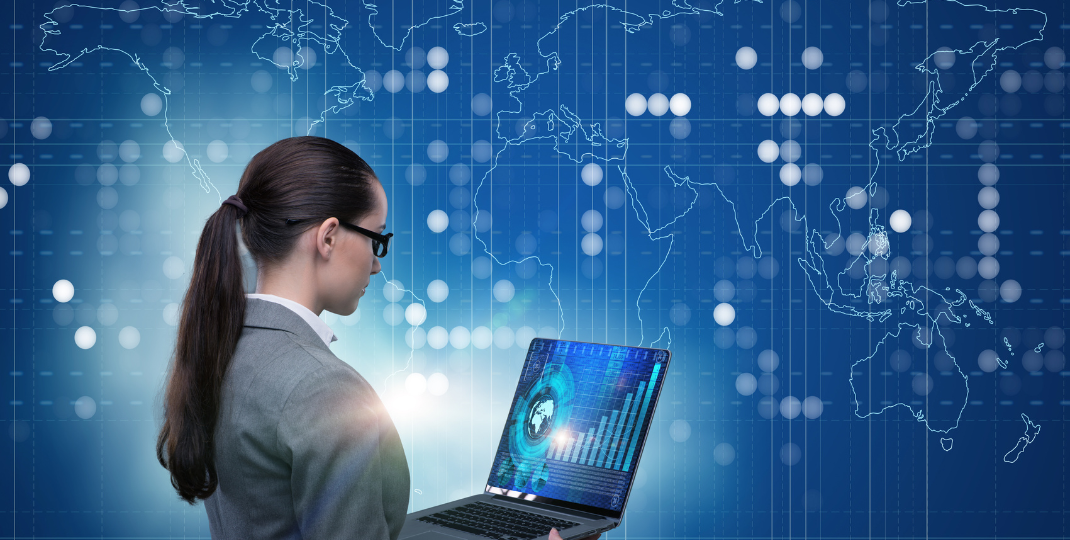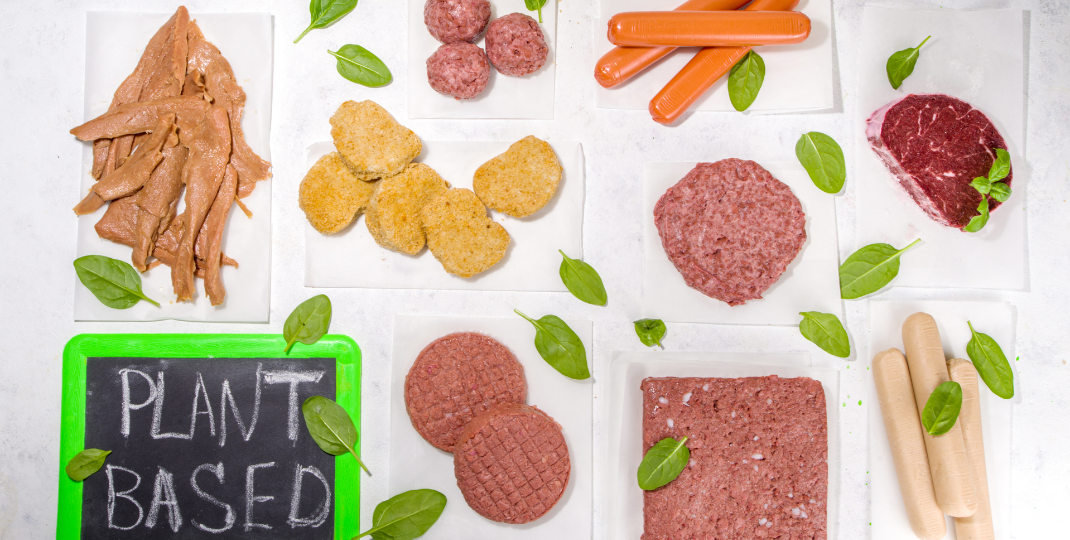The concept of food of the future is an exciting and intriguing prospect, as advancements in technology and shifts in global consciousness continue to shape our relationship with what we eat. With concerns over sustainability, population growth, and climate change, the way we produce and consume food is primed for a revolution. From lab-grown meats to vertical farming and personalized nutrition, the future of food holds immense potential for addressing these challenges while also catering to evolving dietary preferences and health needs. As we enter this new era, it is essential to explore the possibilities that lie ahead and embrace the innovative solutions that will reshape the way we nourish ourselves and sustain our planet.


Will we ever be able to grow food in outer space?
Growing food in outer space is a challenging yet promising endeavor that holds great potential for future space exploration. With advancements in technology and ongoing research, it is plausible that we will be able to develop sustainable systems capable of supporting plant growth in the harsh conditions of space. By harnessing methods such as hydroponics or aeroponics, and utilizing artificial lighting and controlled environments, astronauts could cultivate fresh food during long-duration missions, reducing dependency on resupply missions from Earth and improving their overall well-being. However, further experimentation and innovative solutions are needed to overcome the limitations posed by microgravity, radiation, limited resources, and other extraterrestrial factors.
What new innovations will allow us to create sustainable and nutritious meals from alternative sources?
New innovations in food technology and agriculture will enable us to create sustainable and nutritious meals from alternative sources. One such innovation is the development of plant-based proteins that closely mimic the taste and texture of meat, providing a sustainable and ethical alternative for protein consumption. Additionally, advancements in vertical farming and hydroponics allow for year-round cultivation of crops with minimal water usage and land requirements, reducing the carbon footprint of food production. Furthermore, the utilization of edible insects as a protein source offers a sustainable and nutrient-rich option, as they require fewer resources to rear compared to traditional livestock. These innovations hold the potential to revolutionize our food system, ensuring a more sustainable and nutritious future for all.
How will technology shape the way we eat and prepare our meals in the future?

Technology will revolutionize the way we eat and prepare our meals in the future by introducing innovative solutions such as smart kitchen appliances, meal delivery services, and personalized nutrition. With the rise of Internet of Things (IoT), we can expect connected devices like smart fridges that track inventory, suggest recipes based on available ingredients, and even place grocery orders automatically. Additionally, advancements in food processing and 3D printing may enable customized meals tailored to individual dietary needs and preferences. Moreover, virtual reality (VR) and augmented reality (AR) technologies could transform the dining experience by allowing us to visualize and interact with virtual dishes before they are prepared. Overall, technology holds great potential to make our eating and cooking experiences more efficient, convenient, and tailored to our specific needs.

How will cultural and societal shifts influence the types of foods we consume in the future?
While it may be theoretically possible to develop foods that never spoil or expire, it would be challenging to achieve practically. Foods spoil or expire due to various factors such as bacterial growth, oxidation, and enzymatic reactions. Developing foods that can resist these processes indefinitely would require a comprehensive understanding of the complex biochemical reactions involved. Additionally, ensuring the safety and nutritional quality of such foods over an extended period could pose significant challenges. While advancements in food preservation techniques can extend shelf life, developing foods that never spoil completely may remain elusive.
The Future of Food: Exploring the Potential and Innovations for a Sustainable and Nutritious Tomorrow
In the future, it is likely that advancements in genetic testing and personalized medicine will enable us to customize our diets based on our individual genetics. By analyzing our unique genetic makeup, scientists may be able to determine how our bodies metabolize different nutrients and which dietary patterns are most beneficial for our health. This personalized approach to nutrition could optimize our dietary choices, improve overall well-being, and potentially prevent or manage certain diseases more effectively. However, further research and development are needed before this level of customization becomes widely accessible.

How will climate change impact the availability and quality of our food in the future?

Climate change is expected to have significant impacts on the availability and quality of our food in the future. Rising temperatures, changing precipitation patterns, and extreme weather events such as droughts and floods can disrupt agricultural production, leading to reduced crop yields and livestock productivity. Changes in temperature and rainfall patterns can also affect the distribution and abundance of pests, diseases, and invasive species, further impacting agricultural productivity. Additionally, climate change can alter the nutritional content of food, with increased carbon dioxide levels potentially reducing the protein, mineral, and vitamin content in crops. These combined effects threaten global food security and jeopardize the quality and diversity of our diets.
The Average Cost of Seeing an Accountant: Understanding the Expenses
Yes, it is possible to create foods that taste exactly like "real" meat without using any animal products. This can be accomplished through the use of plant-based ingredients and advanced techniques in food science and production. By carefully selecting food of the future and combining various plant proteins, flavorings, and textures, scientists and chefs can recreate the taste, texture, and even the juiciness of meat products, providing a delicious alternative for those who prefer not to consume animal products.

Cultural and societal shifts will have a significant impact on the types of foods we consume in the future. As people become more aware of the environmental and ethical implications of food choices, there is likely to be a greater emphasis on sustainable and plant-based options. Additionally, as global travel and migration increase, there will be a greater exchange and incorporation of different cuisines and flavors into mainstream diets. Furthermore, changing demographics, such as an aging population or increasing health-consciousness, may lead to a shift towards healthier and functional foods. Overall, cultural and societal shifts will shape our food preferences and drive the demand for more diverse, sustainable, and nutritious food options in the future.
Can we create foods that taste exactly like "real" meat, without any animal products?
In conclusion, the food of the future holds tremendous potential for transforming the way we eat and sustain ourselves. With advancements in technology, such as cellular agriculture, vertical farming, and 3D printing, we can expect a shift towards more sustainable, nutritious, and personalized food options. From lab-grown meats to bioengineered fruits and vegetables, the future promises an abundance of innovative solutions that address global challenges like climate change, food scarcity, and health issues. Moreover, these advancements in food production and distribution have the potential to democratize access to quality nutrition for populations around the world. As we embrace these exciting developments, it is crucial to prioritize ethical considerations, environmental sustainability, and the health and well-being of individuals. Ultimately, the food of the future presents us with an opportunity to revolutionize our relationship with food and pave the way for a more sustainable and nourishing world.